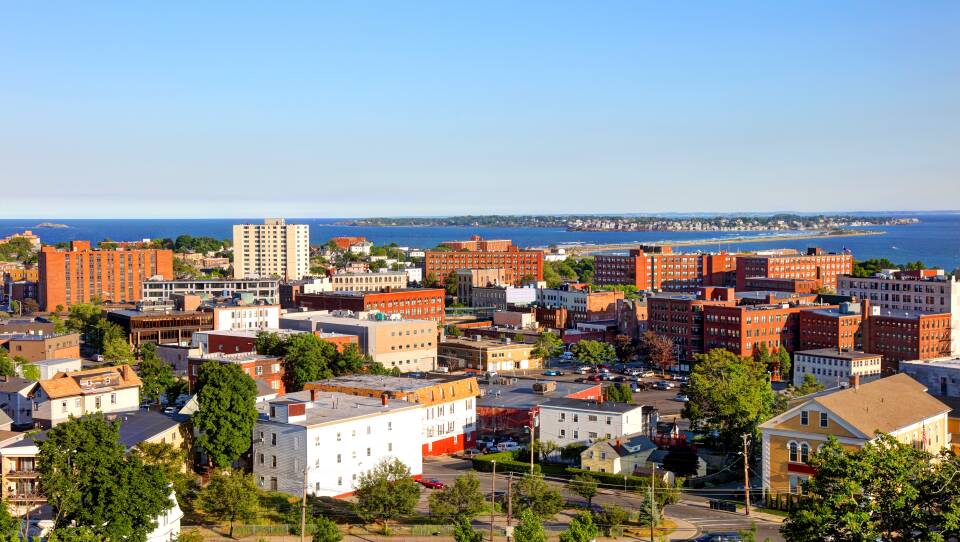Last month, officials for the city of Lynn approved a budget allocating $500,000 towards establishing the All Lynn Emergency Response Team, ALERT for short.
Under ALERT, 911 dispatchers would send unarmed clinician support in cases where people are struggling with mental health or drug-related issues, in lieu of police. The decision, which came out of public discussions sparked by last year’s reckoning on racism and policing, aims to limit police-involved violence in the North Shore community.
Speaking Wednesday on GBH’s Boston Public Radio, Lynn Mayor Thomas McGee said his hope is to ensure every resident experiences his city the same way. He noted, though, that there’s still plenty of work to be done in getting ALERT off the ground, and said he believes the planning process is “just as important as the beginning of implementation.”
More Local News
“This is uncharted territory in many ways,” he told hosts Jim Braude and Margery Eagan.
Lynn would be the first municipality in Massachusetts to implement a clinician-led response team. Their goal is to launch the pilot program at the start of 2022.
“We have consultants on now,” McGee explained. “[ALERT] would deal, particularly, with mental health crises — people that have those issues [who] need someone who has the experience ... to come in and address what the underlying issues are, in a way that is not an escalation of a situation.”
Though Lynn is the first community in the state to side aside money for this sort of program, advocates in cities like Cambridge and Northampton are currently working towards similar initiatives. And in Boston, last week Acting Mayor Kim Janey announced a pilot initiative to roll out different models for how the city responds to mental health crises. Her office cited data indicating that the city handled more than 10,000 911 calls pertaining to mental health issues last year alone.
Lynn’s Mayor McGee said he believes the key to ensuring ALERT’s success lies in making sure the city can provide support beyond the immediate moment of crisis. He said his team is just as concerned with figuring out how to provide sustained mental health and addiction resources in the days, weeks and months after a situation has cooled.
With mental health in particular, he said “it’s not the initial incident" but "the ongoing support” that makes all the difference.










